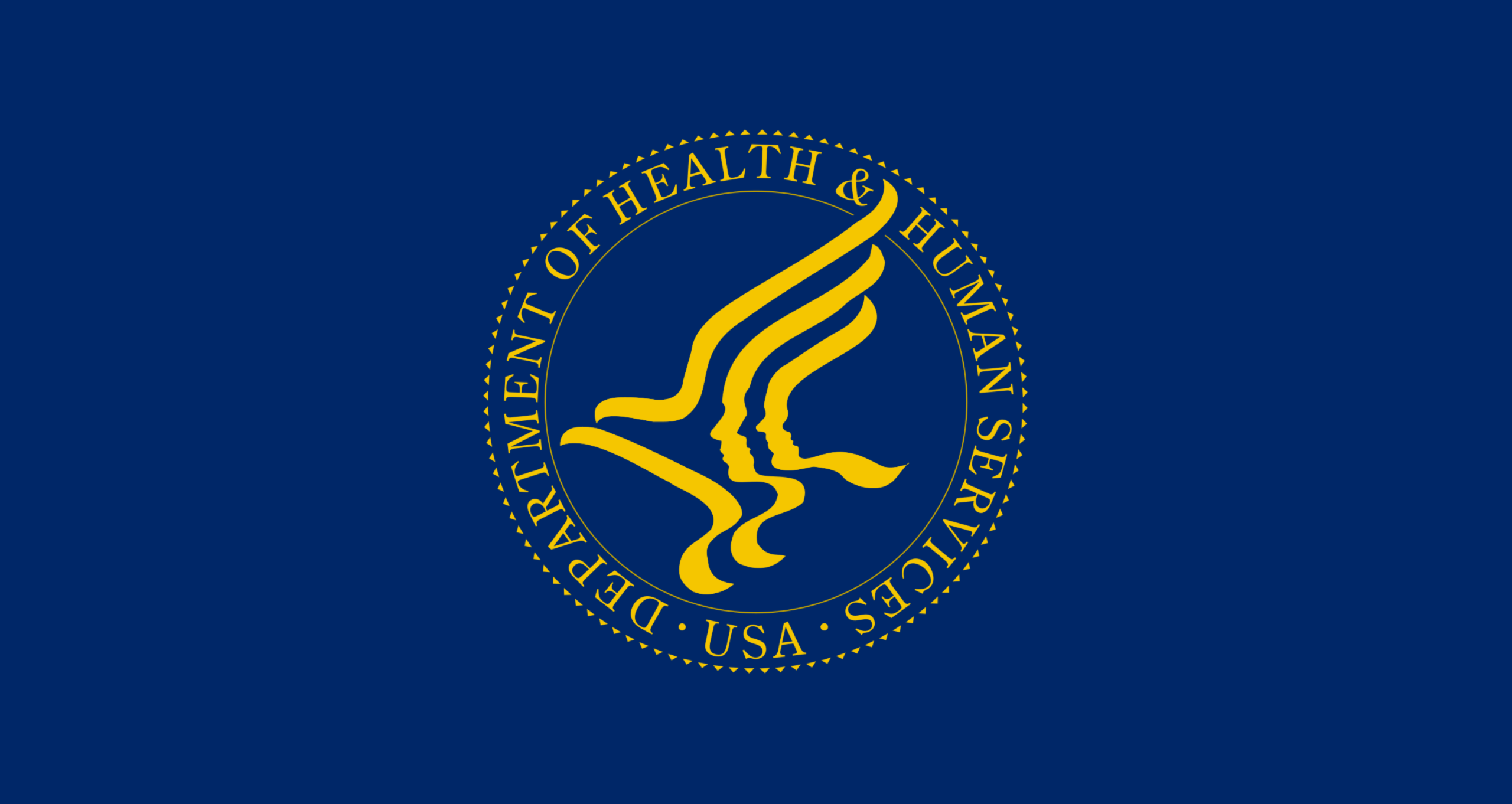The U.S. Department of Health and Human Services (HHS) and agencies under it, including the Centers for Medicare and Medicaid Services (CMS), have recently offered insights into policy priorities that further signal significant policy shifts. Below is a synopsis of key changes, including potential opportunities and challenges for social service providers.
In May, CMS, through their Innovation Center (CMMI), recently released their new strategic direction, which focuses on evidence-based prevention, data access, and choice and competition. Given CMS’s recent withdrawal of federal Medicaid guidance that impacts the ability of states to use waivers and other funds to address health-related social needs, CMMI’s new strategic direction points to the following areas of interest:
- Evidence-Based Prevention: Includes great focus and emphasis on meeting nutrition needs, including food access, healthy food access and food as medicine; accountable care and accountable care organizations (ACOs) that assume global risk/downside risk; caregiver support; chronic disease management and disease prevention
- Data Access: Priorities include global risk/total cost of care models and waivers for predictable cost sharing for certain services.
- Drive Choice and Competition: With a focus on rural providers, ACOs, community health centers; site neutral payments across settings; changing certificate of need requirements; and prioritizing high value care and services and incentivize unnecessary utilization
HHS also recently released their Make America Healthy Again key strategies report with a broad prevention-based agenda across several areas, including some more specifics important for social service providers including: executive actions, process reform and deregulation, public awareness and education, and private sector collaboration. Some more specific areas that Lutheran Services in America will continue to monitor include:
- USDA Nutrition Programs: USDA will use its authorities to prioritize utilization and promotion of whole, healthy foods across its 16 nutrition programs.
- Supplemental Nutrition Assistance Program (SNAP): USDA will provide states with technical assistance in SNAP waiver development and implementation to restrict the purchase of junk food and reorient the program towards better nutrition.
- MAHA Boxes: USDA will develop options to get whole, healthy food to SNAP participants.
- Head Start Nutrition: ACF and USDA will implement the new Dietary Guidelines for Americans (DGAs) through supporting access to USDA’s Child and Adult Care Food Program (CACFP) and the National School Breakfast and Lunch programs in Head Start providers, and will provide supplemental funding opportunities to support the provision of whole, healthy foods in Head Start programs.
- Medicaid Quality: CMS will collaborate with states to establish quality metrics for Medicaid managed care organizations that promote measurable health improvements through nutrition coaching and other fitness indicators (e.g., predicted VO₂ Max).
- Quality Measurement: HHS and CMS will develop quality measures that promote children’s health outcomes rather than just healthcare utilization.
- Pediatric Mental Health: HHS will ensure the Pediatric Mental Health Care Access Program at Health Resources and Services Administration (HRSA) is effective at providing access to pediatric mental health professionals, especially as youth anxiety and depression are increasing and are linked to factors such as screen time, vaping, poor nutrition and lack of physical fitness.
For more information, please contact Sue Polis.
Sue Polis is Vice President of Public Relations and Government Affairs at Lutheran Services in America.

